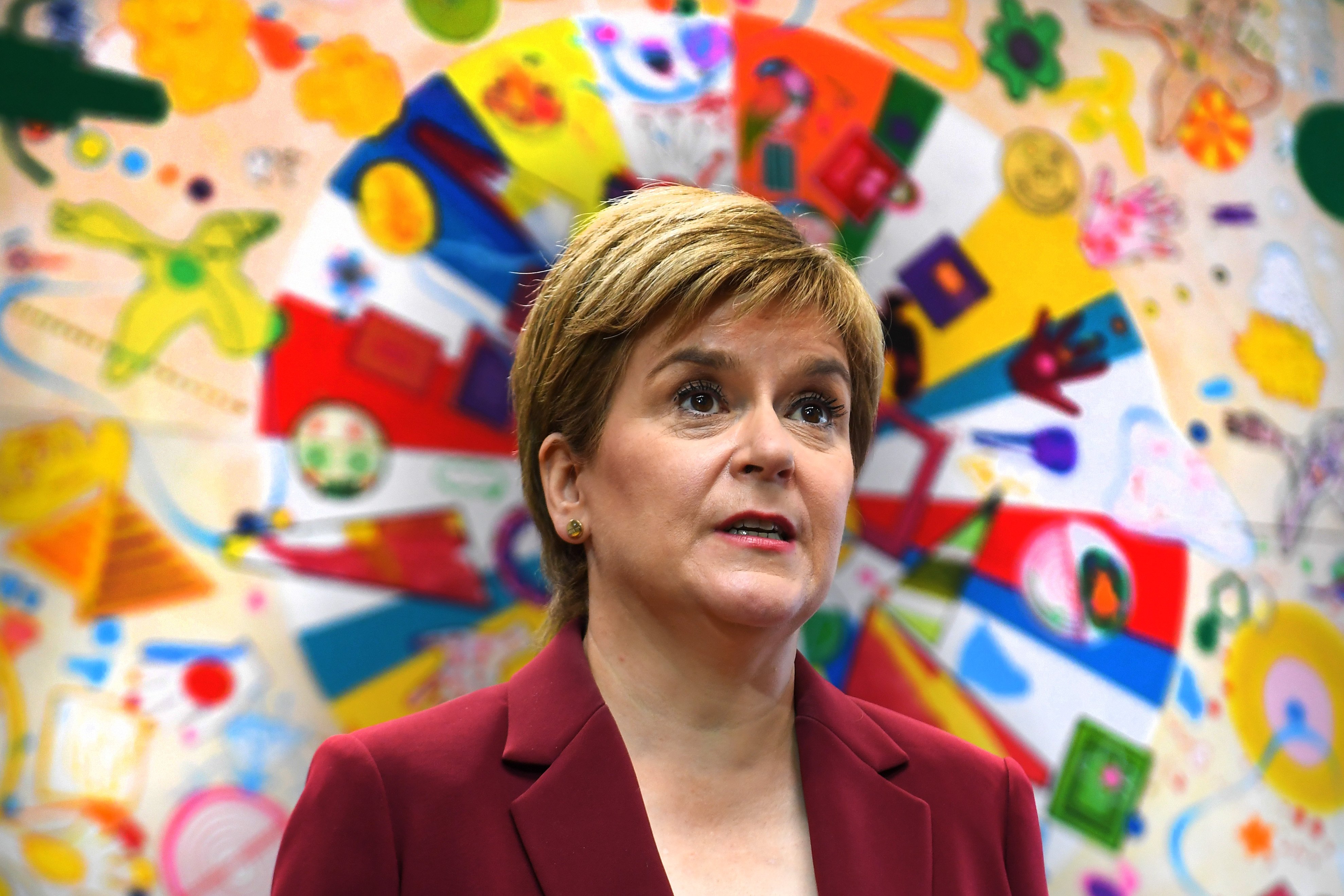Scotland's first minister Nicola Sturgeon has vowed to hold another independence referendum in Scotland even if the UK government does not allow it. "If we are to uphold democracy in Scotland, we must forge a way forward. If necessary, without a Section 30 order", she added, in reference to the legal clause giving Scotland temporary rights to carry out actions normally reserved for Westminister. However, she also made it clear that this would not mean breaking with UK legality: "We need to do it in a way that is lawful," she said in an interview with the BBC, promising to give more detail on what this means in the near future. Thus, a new campaign to hold a referendum in Scotland has been set in motion. This Tuesday, the Scottish leader announced the start of a campaign to call a second referendum on the country's independence, which she hopes to make tangible by the end of 2023. In response to this, the BBC asked her if her words were intended to formally launch the campaign for the second IndyRef and Sturgeon responded with a resounding "yes". For the Scottish leader there is an "indisputable democratic mandate" to call a second ballot.
The campaign announced by Sturgeon before the BBC and explained more extensively this Tuesday morning at a press conference in Edinburgh, begins with the publication of a series of papers justifying the holding of a new referendum. The first paper, published today, compares the situation in Scotland with other European states - in particular, the countries of north-western Europe - and outlines the benefits that the Scottish people would have if they became a new state. The paper is entitled: Wealthier, happier, fairer: why not Scotland?
A different result
The first minister detailed some of the reasons why Scots want to return to the polls. "If in 2014 we had known everything we know now about the path the UK would take, I'm sure Scotland would have voted yes then," Sturgeon said, in reference to Brexit in particular. In the referendum on the United Kingdom's choice to leave or remain in the European Union in 2016, a clear majority of Scots opted to carry on being part of Europe. However, their will was drowned out by the "leave" majority among the much larger English population.
The people of Scotland, the SNP politician emphasised, "are suffering the impact of rising cost of living, low growth and growing inequality, restricted public finances and the many implications of a Brexit for which we did not vote." "All these problems have worsened or, more obviously, in the case of Brexit, they have been caused directly by the fact that we are not independent," she said.
Sturgeon went through the subjects that would be covered in the other independence papers: currency, tax, defence, social security and pensions, EU participation and trade. "The very clear conclusion is that Scotland would be much better off as an independent country," she said. The Scottish government's puts a clear emphasis on the second referendum being officially recognized.
Support for independence has grown
In 2014, 44% of Scots voted in favour of independence, while the remaining 55% voted to stay as part of the United Kingdom. Almost ten years later, the Scottish context has changed radically, with Brexit and Covid both having shaken the country. Over the years, the independence movement has grown stronger and so has confidence in Sturgeon's Scottish National Party. The first minister kicks off her campaign to consult the people for a second time on the future of their country at a moment when, far from the predictions made by some in 2014, the independence movement has not deflated.

